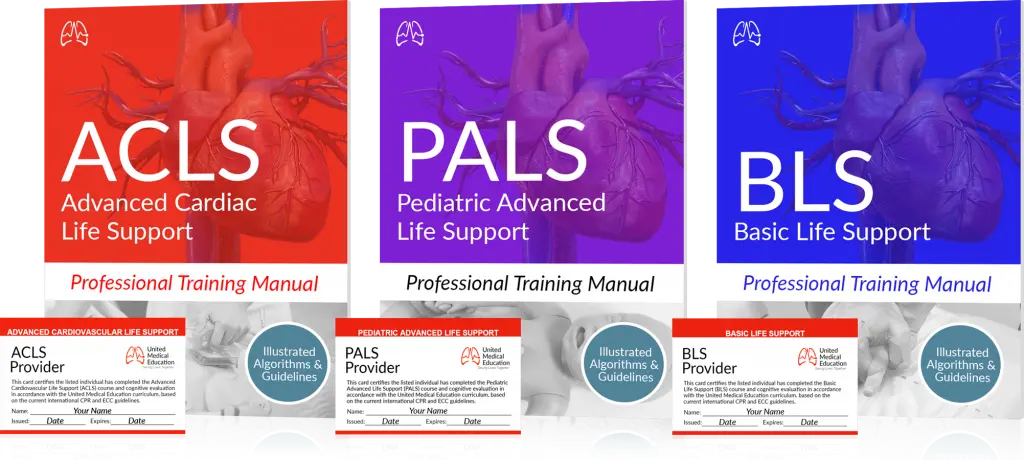
Carlo Castillo
Carlo is a Professional Health and Education Writer. He has built a career creating educational articles for both patients and healthcare professionals.
Post-traumatic stress disorder or widely known as PTSD typically occurs after going through a traumatic experience. Trauma is a dangerous and shocking event that is seen or happens to a person. During this event, a person may even fear for his or her life.
Experiencing trauma is not rare as 6 out of 10 men and 5 out of 10 women go through it at least once in their lives. Men are highly likely to experience physical assault, accidents, disaster, combat, or to witness injury or death. Women on the other hand are highly likely to experience child sexual abuse or sexual assault.
Post-traumatic stress disorder can happen to any person. It is important to note that this is not a sign that a person is weak. Several factors can raise the chances of developing PTSD and a lot of them are not under the control of the victim.
PTSD Statistics in the United States
According to the National Center for PTSD, 6 out of 100 people will have PTSD in their lives.
In a given year, around 15 million adults have the condition.
About 8% or 8 out of 100 women develop PTSD while 4% or 4 out of 10 men develop the condition some time in their lives.
PTSD Symptoms
Symptoms of PTSD may occur within a month of a specific traumatic event and sometimes may not be experienced even after so many years. PTSD symptoms can cause problems at home or at work.
The symptoms of PTSD are grouped into four different types:
- Intrusive memories
- Avoidance
- Negative changes in thinking and mood
- Changes in physical and emotional reactions
The intensity of PTSD symptoms can vary over time. A person may showcase more PTSD symptoms when stressed or when reminded of the traumatic event.
PTSD and Heart Disease Connection
The connection between heart disease and post-traumatic stress disorder has been gaining more evidence as more studies have shown more linking facts. The most typically associated with PTSD are people who served in combat or experienced a major accident, natural disaster, or sexual assault. However, people who experienced health issues such as heart attack or stroke also develop PTSD.
Cardiovascular Risks
Around 15 to 25% of people who have experienced a stroke or a heart attack are susceptible to developing PTSD. People who have PTSD have twice the chance of suffering a repeat heart attack. Having PTSD can also raise heart rate and blood pressure. The National Stroke Association has stated that about 300,000 stroke survivors develop PTSD each year.
PTSD also heightens the risk of AFib or atrial fibrillation, which is the most typical irregular heartbeat type. With Atrial fibrillation, the heartbeat fails to properly move blood from the upper chamber of the heart to the ventricles. If this is left untreated, there’s a higher risk of experiencing a stroke.
According to the AHA or American Heart Association, aortic dissection survivors usually develop PTSD. Aortic dissection is a life-threatening condition that is caused by an aortic wall tear. With this condition, blood rushes between aorta walls and causes pain extending from the chest and leading to the back. Aortic dissection is usually treated by medication and surgery. PTSD may appear years after the aortic dissection incident.
Essential Research
A study was conducted by researchers from Italy’s University of Siena and surveyed 84 people who had untreated PTSD that resulted from traumatic events such as terrorist attacks, car accidents, hunting accidents, death of loved ones, and miscarriage. The average age of the participants was 54 years old. This study was exclusive to untreated PTSD patients only and anyone who had treatment on the condition was strictly excluded.
They were divided into two groups based on the trauma type that they experienced. All were interviewed about the medical problems that they experienced after their PTSD developed. Participants were asked regarding cancers, infections, skin problems, parasitic diseases, digestion issues, or heart problems.
In total, all participants experienced additional health problems. Those who experienced terrorist attacks showed more health problems which include cardiovascular disease. These people also had a higher chance of developing cancer compared to those who developed PTSD from another cause. According to Dr. Andrea Pozza, researcher and study coauthor, the development of cancer may be connected to the dysfunctional stress response caused by intentional harm shock.
The study also showed that women are less likely to acquire cardiovascular problems caused by PTSD. This would be at least before experiencing menopause as estrogen likely protects the heart.
More Studies Linking PTSD and Heart Disease
Researchers and clinicians have recognized the connection between physical health and psychological stress for years. PTSD was even used as an example for describing how psychological trauma and repeated reminders of these events trigger a cascade of hormonal, immunologic, and neuronal effects that harm the body. Studies have found that people with PTSD and psychological trauma have a higher risk of different chronic ailments and the connection to cardiovascular disease has been assessed as concerning.
Even though many cardiovascular disease prevention efforts have been focused on preventing exposure to the usual risk factors like diabetes and smoking, there has been a growing recognition of the psychological risk factors as well.
A study from Croatia showed a significant increase in the rate of admission as well as in-hospital mortality because of myocardial infarction on a two-week period aligned with frequent air raids.
The INTERHEART study capitalized on these plus other regional studies and recruited almost 30,000 people from different countries to examine traditional and cardiovascular disease risk factors. It was determined that psychosocial factors accounted for almost one-third of the total population’s attributable heart attack risk.
Adding more focus on PTSD plus other psychological conditions can help lessen CVD burden and improve people’s quality of life.
Population-Based Studies Linking CVD to PTSD
Population-based studies linking PTSD to CVD have been confirmed. The connection has been seen even in diverse populations including nurses, military personnel, veterans, and even 9/11 survivors. The data from the VA Normative Aging Study was used. Information from 2,000 male veterans was extrapolated and the study showed that PTSD severity was linked with coronary heart disease. PTSD increased the risk of CHD by 18%.
Another study was performed in 2008 where random male Vietnam war veterans were examined. Those who have PTSD had twice the risk of dying from heart disease as per a follow-up period of 15 years. For every 5-point PTSD symptom score increase, there is a 20% increase in heart disease mortality as well.
The results in women are the same. A study of more than 1,000 women was conducted and for every additional PTSD symptom increase, a 17% increase in the risk of CHD happened as well.
Medication Adherence Issue
A study was conducted amongst 400 people suspected or known to have had ACS or acute coronary syndrome. The research focused on monitoring the medication adherence of these people. Results showed that 18.5% of them exhibited PTSD symptoms while another 7.8% showed symptoms that suggest probable PTSD. The most interesting of all the findings is that those who had the most symptoms of PTSD had higher odds (2x) of not taking the required medication than those who had the fewest PTSD symptoms. In 2012, an analysis was conducted and results presented that 1 in 8 people with ACS eventually develops symptoms of PTSD. Medication and psychotherapy are essential treatments to manage PTSD.
After going through a heart attack, patients are required to take additional medications to prevent abnormal cholesterol levels or keep arteries open and prevent blood clots. Cardiologists prescribe these specific medications for treating and managing the condition that is why strict medication adherence should be observed. Failing to properly take these medications regularly could result in the most undesirable results such as another trip to the hospital or even death.
Treatment
PTSD can be harmful to people with cardiovascular problems because of the physical implications that it entails. Once PTSD brings difficult and stressful incidents to mind, a reaction from the body usually follows. Just the thought of the trauma can lead to high levels of heart rate and blood pressure. Anxiety can also lead to dangerous situations for those who already experienced a stroke or heart attack before. Anxiety may also make a person avoid medication and this could eventually lead to another stroke or heart attack.
PTSD treatment may involve counseling or psychotherapy. One method is via trauma-focused psychotherapy and another is via eye movement desensitization reprocessing or EMDR. Medication also provides proper assistance to any PTSD patient.
For people who have experienced strokes or heart attacks, it is essential to inform their cardiologist if PTSD symptoms appear. A treatment plan can be developed to fit the needs of the patient as both the cardiovascular issue and PTSD need to be addressed properly.






